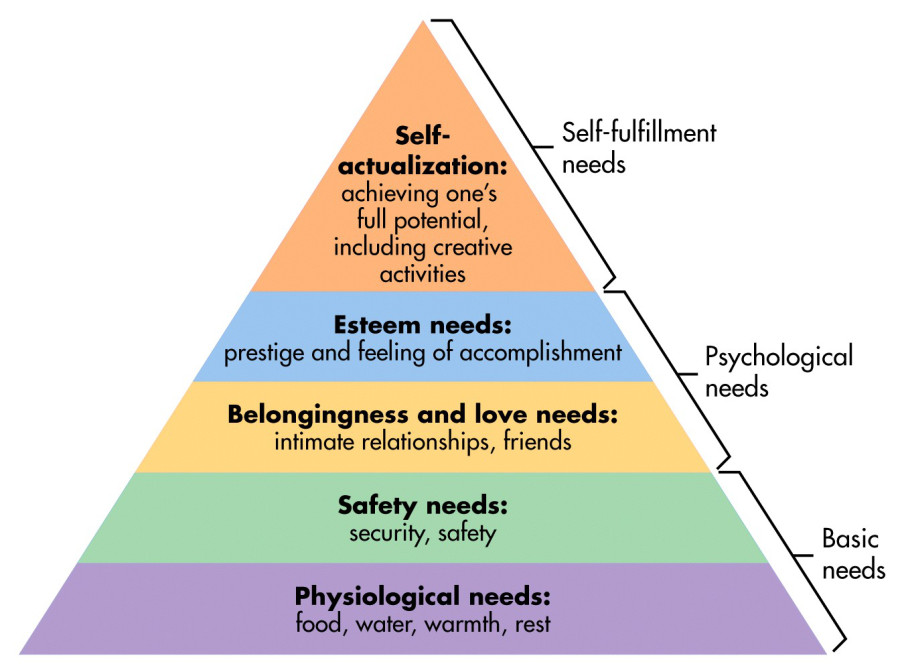Followership
Followership can be determined as the actions of individuals who are in a subordinate role (Hamlin 2017). It is also considered a social construct integral to the leadership processes as there should be individuals who follow a leader (Gordon 2017). In such a way, followership guarantees interchange between followers and leaders (Collins & Cooley 2013). Skilled followers have the same importance for the company as leaders since they guarantee that particular instructions will be followed and all processes will be performed at a high level.
Leadership and Followership
The existing perspective on these two phenomena considers them as two unique aspects that exist in different domains, but impact the functioning of the company (Goleman, Bovatzis & McKee 2013). Leaders create followers while they predetermine the rise of the company and introduce the basis for its future successes or failures (Bolman & Deal 2017). For this reason, the concept of followership remains another significant element impacting organizations at all levels (Sinek 2017).
Maslows Hierarchy of Needs
Leadership and followership to a greater degree depending on existing needs and demands that impact workers and precondition their motivation levels (Schindler 2014).

The given figure demonstrates the existing hierarchy of needs and how it might impact workers. Only if their basic requirements are satisfied, employees can move to another level to achieve their full potential and contribute to the development of the company (Maslow 2013). In practice, Maslows hierarchy of needs becomes one of the central factors preconditioning the success of the company (Northouse 2017). For instance, the main force impacting my motivation level and desire to move forward is the feeling of accomplishment and the wish to be appraised by other people (see Figure 1). However, these aspects are important to me because physical and security needs are satisfied.
Scenarios
Helen had been a good worker during her first five years in the company. However, recent problems with her commitment and efficiency had emerged. Helen did not demonstrate the desire to work hard. Moreover, she was often late and seemed tired during her working hours, lacked concentration, and made poor mistakes while working with documents. This significant decrease in performance was noticed by the top manager. In conversation with her, he discovered that her living conditions altered recently. She had problems with her payments for the house, and there was a risk of losing it. For this reason, attempts to preserve her status and protect her family became a major concern for her. Applying Maslows model to the scenario, it becomes apparent that her basic physiological and security needs are not satisfied and her efficiency as a worker suffers.
Another worker, Mark had not demonstrated significant improvement during two years at work. However, after a long period of average performance, he started to work hard and attained outstanding results. Trying to support the high level of Marks motivation, a top manager offered a bonus to him. Surprisingly, Mark refused to insist on another kind of reward that would be able to satisfy his need for accomplishment and success. Being a part of rich parents, he did not have the need for money; however, during the last conflict with the family, he wanted to prove his ability to achieve success by himself. This sort of need becomes a powerful stimulus for him.
Reference List
Bolman, L & Deal, T 2017, Reframing organizations: artistry, choice, and leadership, 6th edn, Jossey-Bass, Hoboken, NJ.
Collins, J & Cooley, M 2013, Creative followership: in the shadow of greatness, Looking Glass Books, New York, NY.
Goleman, D, Bovatzis, R & McKee, A 2013, Primal leadership, Harvard Business Review Press, New York, NY.
Gordon, J 2017, The power of positive leadership: how and why positive leaders transform teams and organizations and change the world, Wiley, Hoboken, NJ.
Hamlin, A 2017, Embracing followership: a discussion guide for teams & small groups, Kirkdale Press, Bellingham, WA.
Maslow, A 2013, A theory of human motivation, Martino Fine Books, New York, NY.
McLeod, S 2018, Maslow’s hierarchy of needs. Web.
Northouse, F 2017, Introduction to leadership interactive eBook: concepts and practice, 4th edn, SAGE Publications, Thousand Oaks, CA.
Schindler, J 2014, Followership: what It takes to lead, Business Expert Press, New York, NY.
Sinek, S 2017, Leaders eat last: why some teams pull together and others don’t, Portfolio, New York, NY.